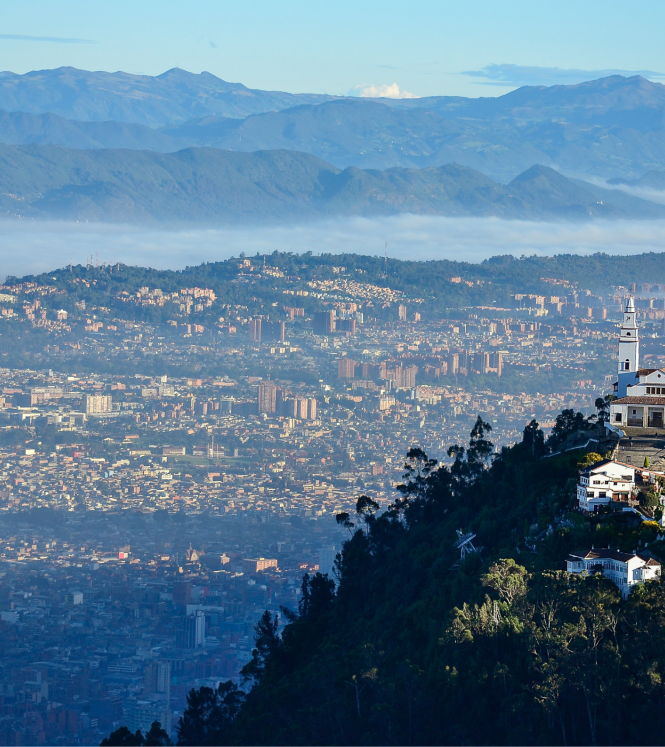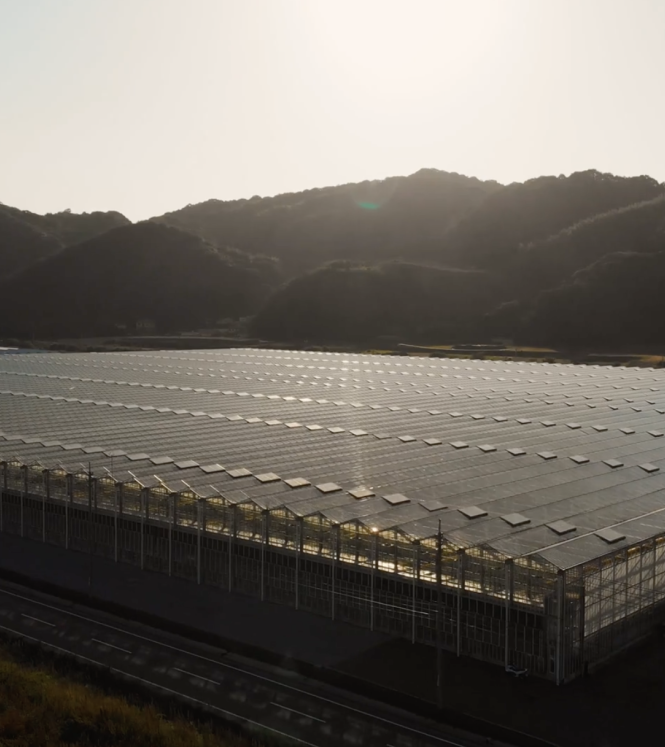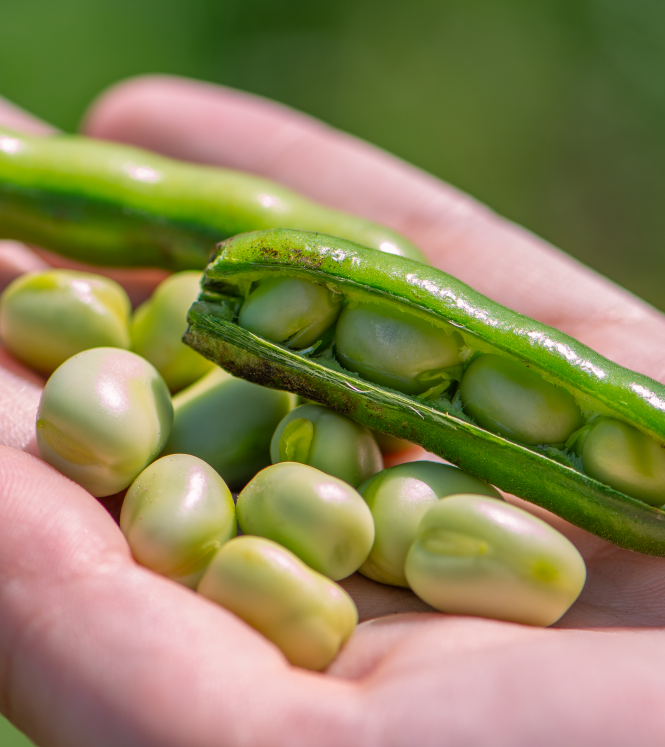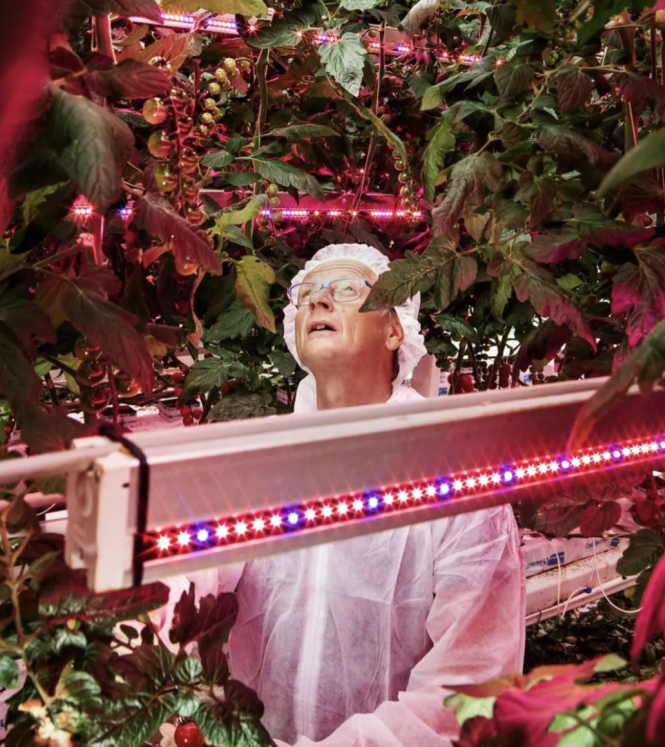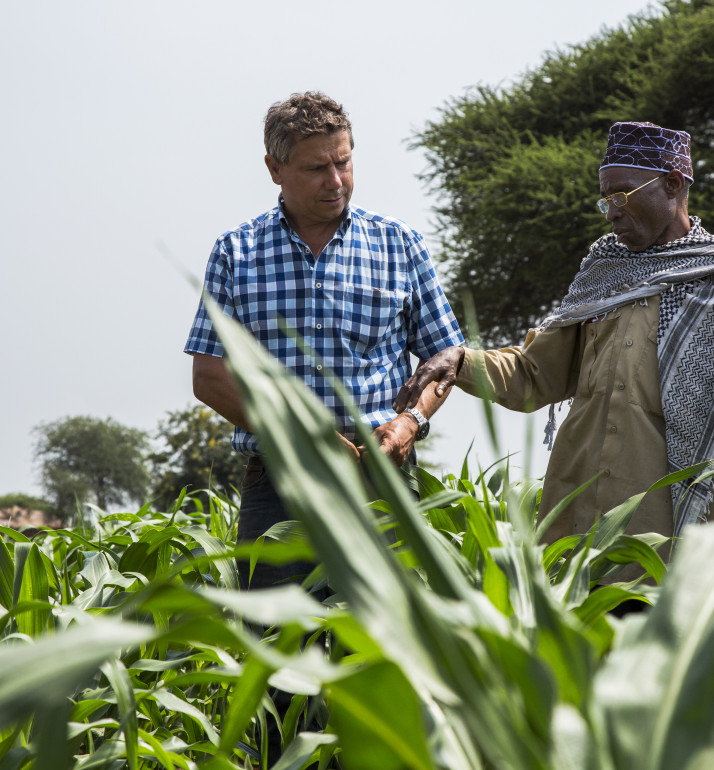
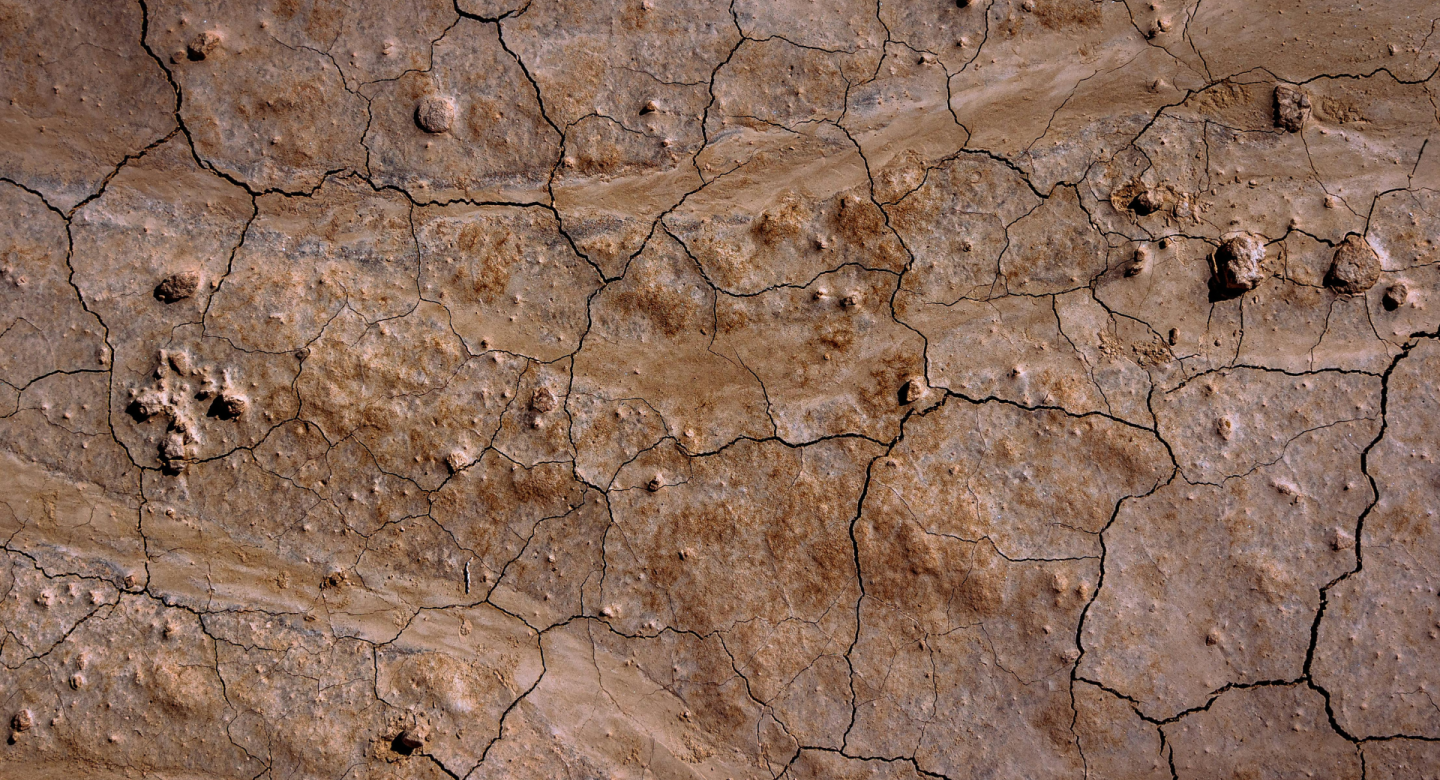
Turning knowledge into nourishment in Kazakhstan
On a planet where fertile soil is disappearing three times faster than it can regenerate, land degradation has quietly become one of the greatest threats to our food systems, ecosystems, and livelihoods. Worldwide, up to 40% of land is already degraded. And with climate change adding fuel to the fire, time is running out to reverse the trend.
In this global context, Kazakhstan finds itself in the midst of the crisis. Vast and diverse, the country is no stranger to the challenges of land degradation. From desertification to salinity and soil erosion, Kazakhstan’s agricultural lands are under pressure, and with is their food security. According to Alisher Baiseitov, Chief Expert at the Kazakh Ministry of Agriculture, “approximately 33% of Kazakhstan’s territory, equivalent to 90 million hectares, is affected by various forms of land degradation. Of this, 29 million hectares are already suffering from erosion.”
But this story is not only about challenges, it's also about solutions. And Dutch knowledge and experience in sustainable agriculture and land restoration are proving to be quite valuable allies.
Growing more with less
The Netherlands may be small in size, but our reputation positions us as a global agricultural player. Known for pioneering climate-smart, water-efficient, and tech-enabled agriculture, we’ve been sharing our expertise with partners worldwide.
Kazakhstan is no exception. In 2023, the Kazakhstan-Netherlands Agricultural Working Group was launched, laying the foundation for long-term cooperation. The goal? To exchange knowledge, share best practices, and implement Dutch innovations tailored to the Kazakh landscape. From AI-driven greenhouse monitoring to precision irrigation systems and sustainable soil practices, the Dutch approach is being adapted to the dry steppes of Central Asia.
“In a country where only 2.8% of the territory is covered with water, and where two-thirds are drought-prone, according to research by Halyk, these technologies are not just useful, they are essential,” says Arie Veldhuizen, Agricultural Counsellor at the Dutch Embassy in Astana. “The combination of controlled environments, smart water use, and renewable energy can help turn harsh conditions into productive landscapes.”
Why Kazakhstan?
Kazakhstan holds a unique position. With its vast stretches of land and a climate increasingly affected by drought and water scarcity, it represents both the scale of the challenge and the potential for impactful change. The soil in many regions is poor in nutrients, overworked, or increasingly salinised due to unsustainable practices. This directly impacts rural communities, where agriculture and livestock are a way of life. When the land suffers, so do the people who depend on it and restoring soil means restoring livelihoods.
At the same time, the country is showing strong political will. A national roadmap for soil restoration (2024–2030) is currently in place, focusing on carbon farming, crop rotation, and better pasture management. The Dutch-Kazakh partnership supports this ambition, not with one-size-fits-all solutions, but by integrating technology and knowledge into local contexts. This is an important approach from the Netherlands, one where we look to not provide the final resolve, but to work together on long-term, practical, localised practices.
Efforts are already underway to improve horticulture, breeder’s rights, animal welfare, and education. Universities from both countries are involved, as well as institutions like Wageningen University, widely regarded for its agricultural science. We believe that learning from eachother is the best way to face global challenges.
Looking ahead, the partnership is exploring more pressing topics, such as rational pesticide use, locust control, and broader ecosystem restoration. These will be part of the agenda at the 4th Joint Agricultural Working Group meeting, due to be hosted by the Netherlands in 2026.
A shared responsibility on a shared planet
Every year, June 17 marks the World Day to Combat Desertification and Drought, a moment to reflect and to act. This year’s theme, “Restore the land. Unlock the opportunities” is more than a slogan. It’s a call for cooperation, across borders, disciplines, and generations.
For countries like Kazakhstan, where a third of the land is already degraded, this day offers a platform to spotlight the issue, and to bring more stakeholders into the conversation. For countries like the Netherlands, it’s a reminder that our expertise has a vital role to play, far beyond our own borders. And that we still have a lot to learn. We need to stop thinking of land as an infinite resource. Restoring land means restoring life, health, and opportunity, especially for future generations.
Join the movement
Whether you’re a policymaker, entrepreneur, scientist, or student, land restoration is a shared mission. It touches food, water, health, and climate. It touches us all. The Dutch-Kazakh partnership is just one example of what’s possible when countries come together with a clear purpose and an open mind. So, on this world day, and every day for that matter, let’s roll up our sleeves. Let’s work with nature, not against it. Let’s restore the land, and in doing so, restore our future.

